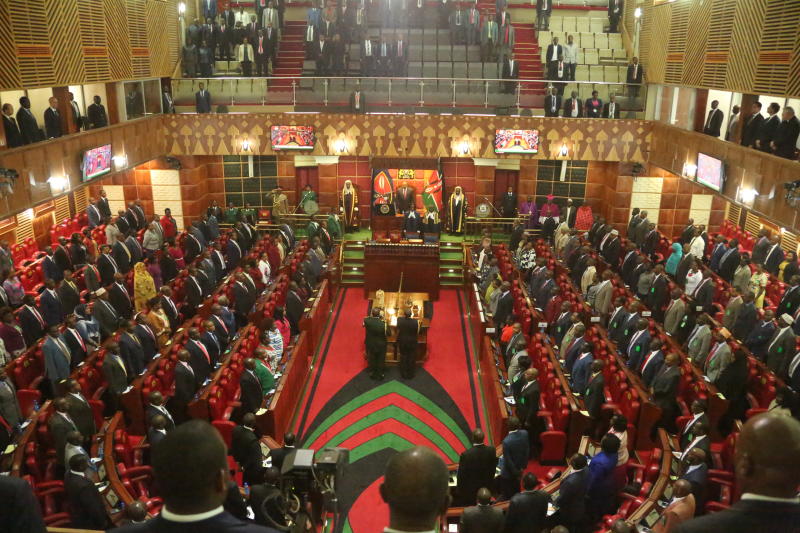×
The Standard e-Paper
Smart Minds Choose Us

A supremacy battle is brewing in the bicameral House over the transaction of Bills.
Whereas the Senate maintains it has a constitutional mandate to deliberate on all Bills, the National Assembly insists the drafters of the Constitution were very explicit on the roles assigned to each House.